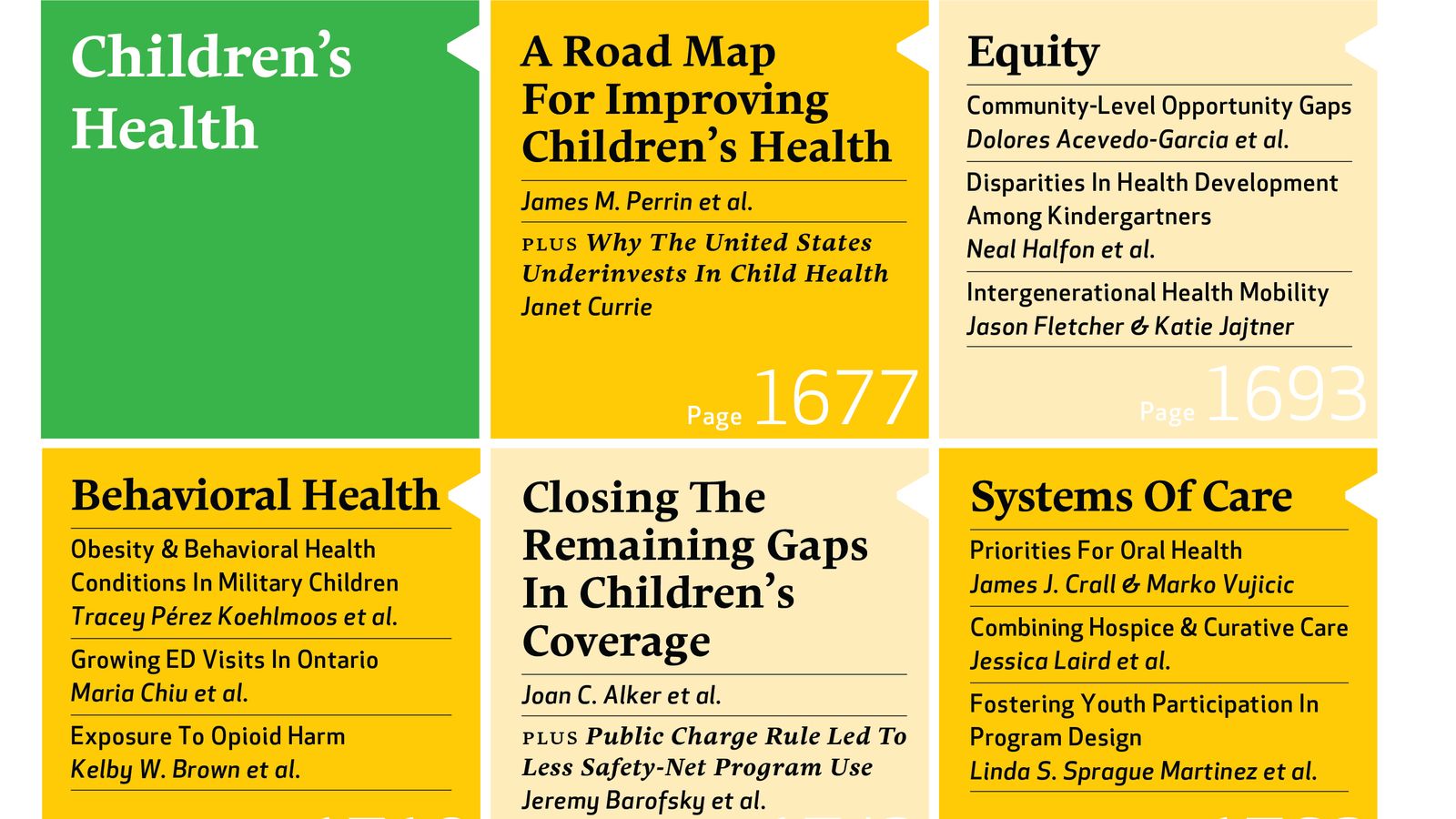BUSSW and BMC Researchers Say We Can Change the Face of Health Care by Including Young People in the Planning Process

Young people’s assessments of well-being in their own communities can be instrumental in shaping efforts to improve health conditions, according to new research led by the Boston University School of Social Work, Boston Medical Center and the Center for Community Health Education Research and Service, Inc., funded by the Institute for Health System Innovation & Policy at BU (IHSIP).
While health and social programs often seek to serve youth and young adults, program planners rarely engage young people in designing and/or executing program offerings, the researchers note. Through a recent collaboration among five organizations in the Boston area, they recruited and hired a team of Black and Latinx youth to survey young people in six Boston neighborhoods about health conditions, perceptions and needs in those communities. People of color are the majority in each.
The group’s overall findings – based on 93 participants surveyed by youth – not only capture a variety of mental health, sexual health, safety and food-access issues; they illustrate exactly how youth engagement in public health planning, especially in communities of color, can lead to effective strategies that are tailored to individual community and age-specific needs.
“Young people have important insights and ideas for improving health and tackling inequity,” writes Linda Sprague Martinez, co-principal investigator, ISHIP fellow, associate professor and department chair of macro practice at the BU School of Social Work. She points out that youth engagement is a promising approach in the context of the coronavirus pandemic, which has stricken communities of color and lower-income people disproportionately.
The researchers note that youth participation overall “can lead to a deeper sense of empowerment” – and help “cultivate the next generation of health leaders.”
Contributors to the research include co-principal investigator Katherine Gergen Barnett, M.D., associate clinical professor at the Boston University School of Medicine, vice chair of primary care innovation and transformation and residency director at Boston Medical Center, and fellow at BU’s IHSIP; Catalina Tang Yan, doctoral candidate at the School of Social Work; Astraea Augsberger, assistant professor of clinical practice at the School (advisory board member); and collaborators including Elmer Freeman (advisory board member), youth facilitator Emanuel Ayinde Libsch, Uchenna J. Ndulue (advisory board member) of the Boston Health Commission and Ja’Karri S. Pierre. Ndulue is a doctoral candidate in BU’s School of Public Health; Pierre, a student at the Boston Latin School.
The group’s paper, “Changing The Face of Health Care Delivery: The Importance of Youth Participation,” appears Monday, October 5, in the journal Health Affairs. Among the group’s specific findings:
- Social stigma, lack of money and difficulty of access remain major barriers to mental health care in the neighborhoods surveyed. Youth researchers identified stress as a health threat.
- Almost half of survey responses indicated that young people understood the importance of safe sex (49%), condom use (50%) and how to get tested for a sexually transmitted infection (44%). Survey respondents identified limited education and age restrictions as barriers to accessing contraceptives.
- Fewer than half of survey respondents (48%) felt that young people in their communities had access to healthy and affordable food. Forty-one percent said young people’s race affects their access to healthy food.
- Survey respondents identified bullying, guns, gangs, drugs and alcohol, and violence as leading threats to their safety. Youth researchers identified police presence in the community as a contradictory symbol of safety, particularly for Black and Latinx communities of color.
Youth researchers recommended redesigning health care delivery models to better address the priorities of young people. “Youth voices, they argued, can and should be working with diverse community stakeholders … to shape health care for youth,” the researchers write.
The group is exploring the implementation of a youth health advisory board structure in the Boston area. That effort is designed to partner with those who are most impacted by barriers to health and safety, with a goal to foster leadership opportunities for young people of color and low-income youth that enable them to influence decisions affecting their lives. Those demographics are often left out of youth leadership opportunities.
“Moving forward, health leaders and policy makers would be well served to consider the important insights that young people bring to the table,” the researchers write. “In particular, hospitals and health centers could partner with community-based organizations to specifically address youth health needs, such as struggles with community violence, food insecurity, and access to sexual and mental health resources.”